Category: Design comment
-
Ensuring effective user input in design
Here are a couple of perspectives on how we can engender effective user input in design – one being the experience of doing this as part of three major research projects, and the other in terms of design teaching. Firstly, the research examples. A good many years ago Steve Potter went to the degree ceremony […]
-
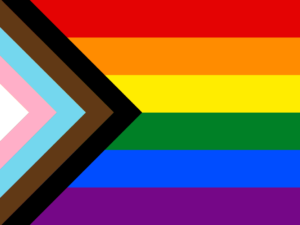
LGBTQ+ DESIGN history month
It is LGBTQ+ history month and it is about time to have a look at some of the contributions of Gay, Lesbian, Bisexual Transgender, Queer or Questioning people to design in the past. By a long way, the most famous designer with a love for the same sex must have been Leonardo da Vinci (https://www.bbc.com/culture/article/20191107-the-men-who-leonardo-da-vinci-loved). […]
-
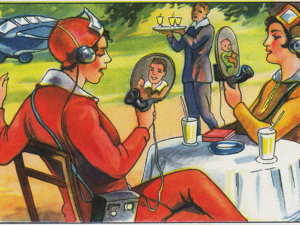
What underpins creative and successful innovations?
I am currently writing a book covering a well-trodden path – creativity and innovation – with design as an essential link between these two activities. These are topics that have interested me since joining the Open University in the 1970s and have been the subject of much of my teaching and research since then. For […]
-
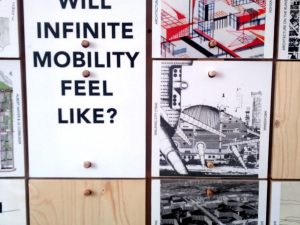
A curatorial perspective on urban transformation
During our research within the Future Urban Environments group we study the processes through which various actors, including planners, architects, policymakers, technology developers, community groups and many others engage in the collective creation and re-creation of cities. Cities are constantly being remade as their fabric becomes receptive to globally circulating ideas, technologies and narratives – for […]
-
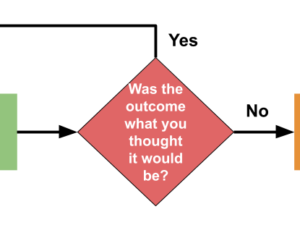
Discovering the Smallest Particle of Design and how that Pleases Santa
A bit of a festive post to end the year on how the smallest atom of design is and Santa are related. But first: What is the smallest possible particle of design process? At The Open University Design Group, this question has baffled at least one design education researcher for at least a minute. In […]
-
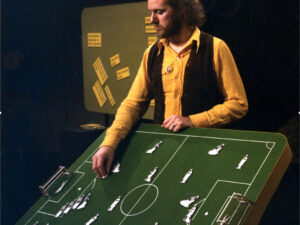
Design education in the open
In the recently published edition of the Open Arts Journal, Nigel Cross, Emeritus Professor of Design and myself have written a review of design education at the Open University in the past 50 years of teaching. The challenge for Nigel and his contemporaries, in the 1970s was to find a way to teach design to […]
-
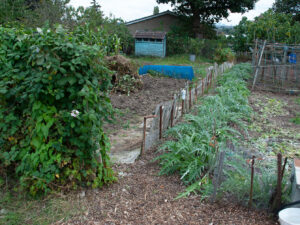
An Extra Slice: Thinking through cakes & cities with images
An extra slice? Yes, an extra slice. This is perhaps an odd thing to write in this blog, but I genuinely think An Extra Slice: The Great British Bake Off is one of the best and hilariously entertaining tv-formats of this decade. I belief it is better than the bake-off itself. The programme somehow manages […]
-
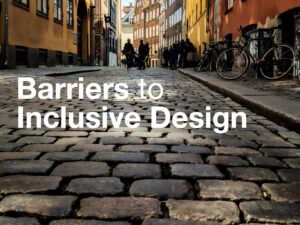
Two Barriers to Inclusive Design
Inclusive Design is broadly defined as the advocacy for and participation of often overlooked or marginalised people in the design process. While the concepts of participation, inclusion, fairness, and accessibility seem well known in our everyday, there seem to be significant barriers to their use in design projects. Amongst others, two barriers are proposed below […]
-
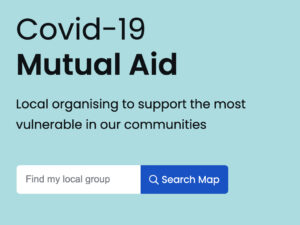
Civic action during and beyond COVID – challenges and opportunities
It is without doubt true that the coronavirus pandemic has disrupted our ‘normal’ way of life, our work and the way we communicate and socialise with others. Many people now increasingly face important economic, health and mental wellbeing challenges and some groups within our society are hit worse than others (e.g. women, and BAME groups). […]
-
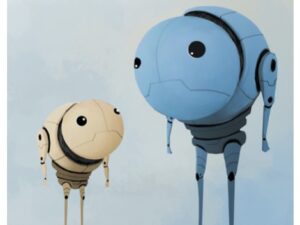
Can Artificial Intelligence (AI) become a creative friend?
Blog Post by Lisa Bowers & Elouise Huxor In his article ‘Crafting an Artificial Intelligence I‘, Yatharth argues that there are parallels to be drawn between the craft process and the development of machine learning through engagement with the data as material. The word technology has its roots as a Greek word roughly translated as ‘a […]
